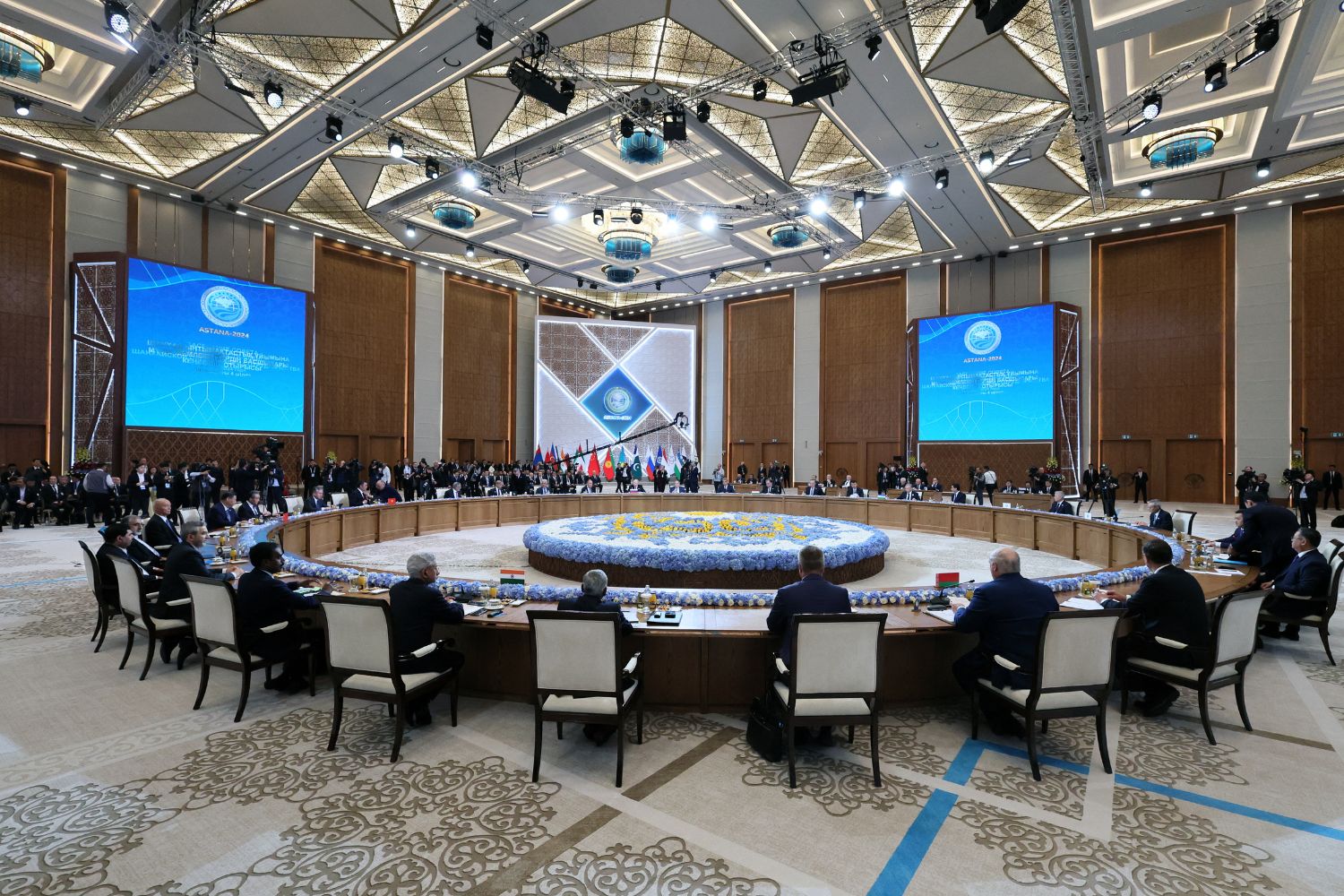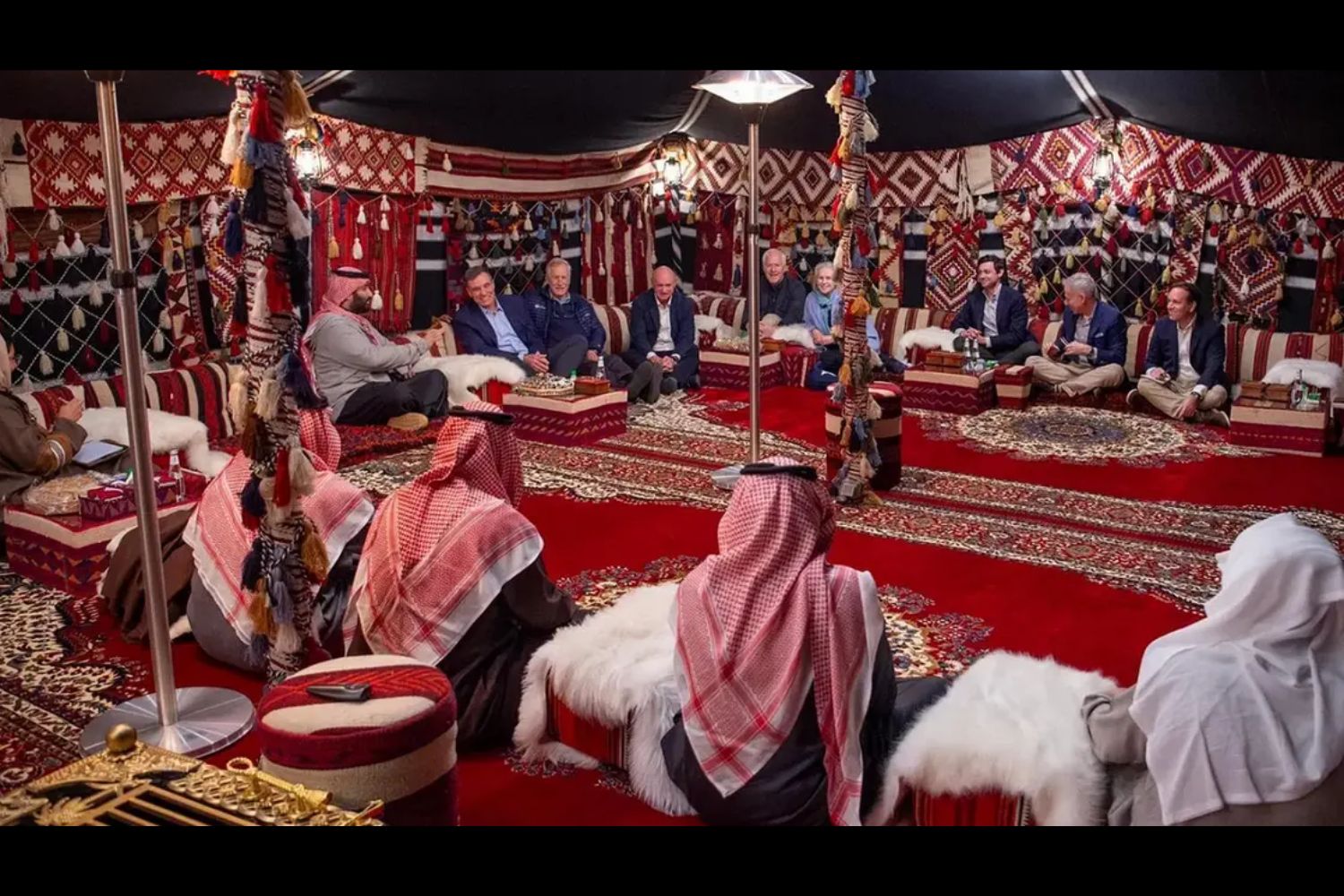The 24th Summit of the Shanghai Cooperation Organization (SCO) is currently taking place in Astana, Kazakhstan on July 4, 2024. This regional bloc, representing over 40% of the world’s population and nearly a third of global GDP, is set to expand with Belarus joining as the 10th member state. Key topics on the agenda include security, economy, connectivity, and the environment.
The summit serves as a crucial platform for bilateral discussions on the sidelines, with particular attention on the anticipated meeting between Russian President Vladimir Putin and Chinese President Xi Jinping. Indian Prime Minister Narendra Modi is notably absent, sending a minister in his place. However, Modi is expected to visit Russia later this week, maintaining India’s engagement with key regional players.
The summit underscores the SCO’s growing influence as a platform for economic and security cooperation among Eurasian nations. As the meeting progresses, the outcomes are expected to shape the future trajectory of collaboration within the SCO and beyond.
The Expanding Influence of the Shanghai Cooperation Organization (SCO)
The expansion of the Shanghai Cooperation Organization (SCO) to include new members like Iran, Belarus, and potentially others has significant implications for global politics. This growing membership and influence represent a redefinition of global balances towards a more multipolar world order. By incorporating more nations, the SCO allows Asian powers like China, Russia, and India to play a greater role in directing their own economic and diplomatic groupings, reducing reliance on Western-dominated international structures.
One of the key aspects of the SCO’s expansion is its challenge to Western dominance. The organization provides an alternative to Western-centric models like NATO and the EU, emphasizing South-South cooperation outside Western oversight. For countries like Iran, membership in the SCO strengthens their geopolitical position and opens up new economic opportunities, allowing them to engage with the global community outside the constraints of the Western-led order.
However, the expansion of the SCO is not without its challenges. Introducing new members risks bringing unresolved bilateral issues and rivalries into the bloc. For instance, the longstanding conflict between India and Pakistan could impede the SCO’s ability to act decisively due to their history of animosity. These internal tensions need careful management to ensure the organization’s cohesion and effectiveness.
Economic integration and connectivity are central goals of the SCO. The organization aims to foster economic cooperation through initiatives like the Belt and Road Initiative, positioning itself as a catalyst for regional economic integration. For Iran, joining the SCO presents an opportunity to boost trade with member countries, which already accounts for a significant portion of its foreign trade. Enhanced economic ties within the SCO could drive growth and development across the region.
Security cooperation is another major focus of the SCO. The organization emphasizes joint security initiatives and counter-terrorism efforts, playing a crucial role in maintaining regional peace and stability in Eurasia. Despite facing criticism from Western countries, the SCO has never positioned itself as an anti-Western organization. Its primary aim remains fostering cooperation and addressing security challenges amongst its members.
Overall, the expansion of the SCO represents a significant shift in global power dynamics. The organization’s growing influence reflects a desire amongst its members to chart a more independent course from Western influence. However, the SCO will need to navigate the complexities and tensions between its diverse members and adapt to its expanding global ambitions to maintain its effectiveness and cohesion.
ALSO READ: Brazil aims for concise and pragmatic final declaration as host of 2024 G20 Summit













